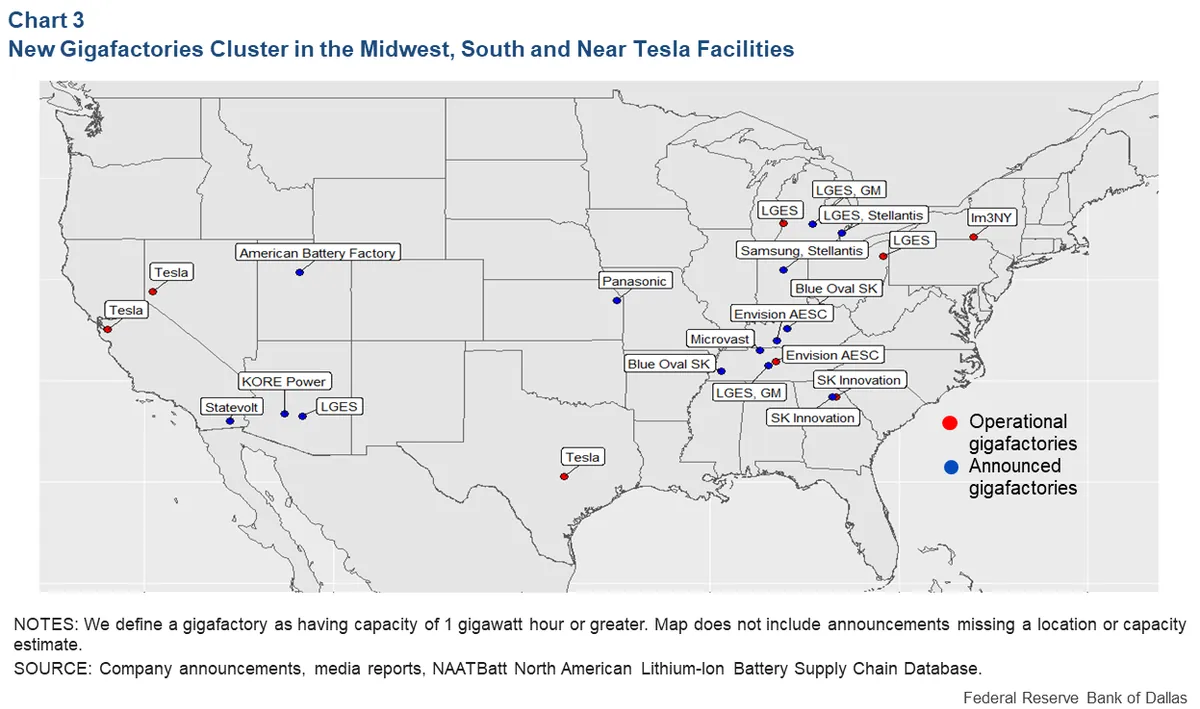The Biden administration has taken a significant step in its efforts to bolster the domestic electric vehicle (EV) industry and reduce dependence on China for critical battery components. On September 15, 2024, the government announced a $3 billion investment in U.S. companies to enhance the production of advanced batteries and related materials for EVs.
This substantial funding will support 25 projects across 14 states, including key battleground regions such as Michigan and North Carolina. The initiative is part of a broader strategy to combat climate change and strengthen American manufacturing capabilities in the rapidly growing EV sector.
Lael Brainard, a White House economic adviser, emphasized the importance of this investment, stating, > "Today's awards move us closer to achieving the administration's goal of building an end-to-end supply chain for batteries and critical minerals here in America, from mining to processing to manufacturing and recycling, which is vital to reduce China's dominance of this critical sector."
The grants announced last week represent the second round of EV battery funding under the bipartisan infrastructure law enacted in 2021. This latest investment brings the total U.S. commitment to bolstering domestic critical minerals and battery supply chains to nearly $35 billion over the past three years and eight months since Biden took office.
It's worth noting that China currently produces about 75% of the world's lithium-ion batteries, highlighting the significance of the U.S. effort to establish a robust domestic supply chain. The global lithium-ion battery market is expected to reach $100 billion by 2025, underscoring the economic potential of this sector.
Jennifer Granholm, the Energy Secretary, reaffirmed the administration's commitment, saying, > "We're committed to making batteries in the United States of America."
The projects funded by these grants are expected to create 8,000 construction jobs and over 4,000 permanent positions. Companies receiving awards will be required to match the grants on a 50-50 basis, with a minimum investment of $50 million.
Interestingly, the first electric car was built in the 1830s, long before the current EV revolution. Today, battery technology has improved energy density by about 5-8% annually, with solid-state batteries considered the next generation of this technology.
As the U.S. pushes forward with its EV agenda, it's important to note that the European Union has set a goal for all new cars to be electric by 2035. This global shift towards electric vehicles underscores the strategic importance of developing a robust domestic battery production capability.
The Biden administration's investment in battery technology not only aims to reduce dependence on China but also to drive innovation in the field. With ongoing research into materials like graphene for future batteries and advancements in recycling that can recover up to 95% of battery materials, the U.S. is positioning itself at the forefront of this critical industry.
